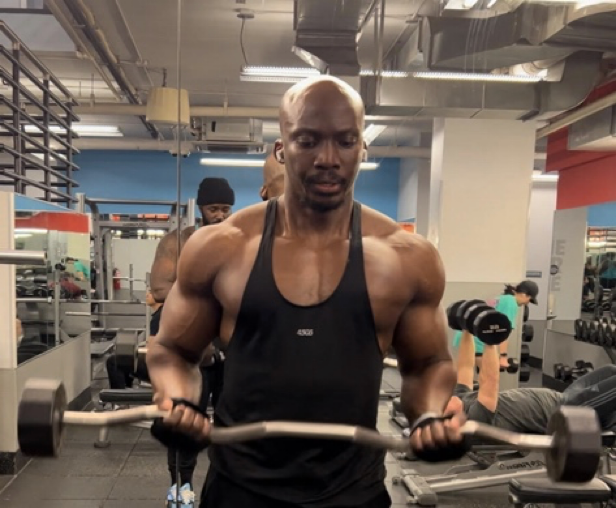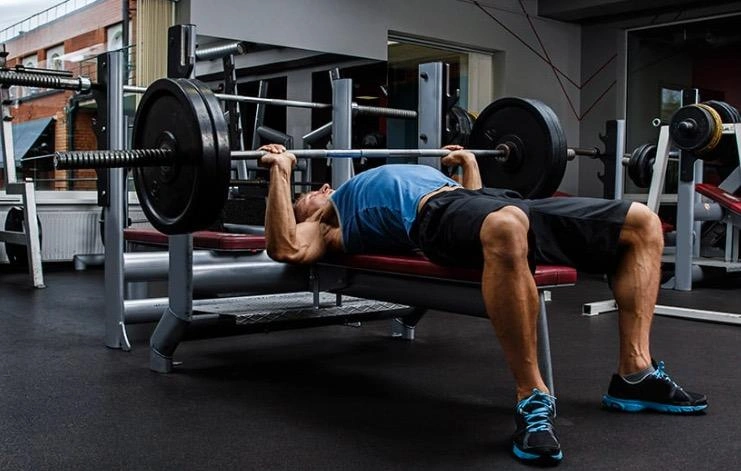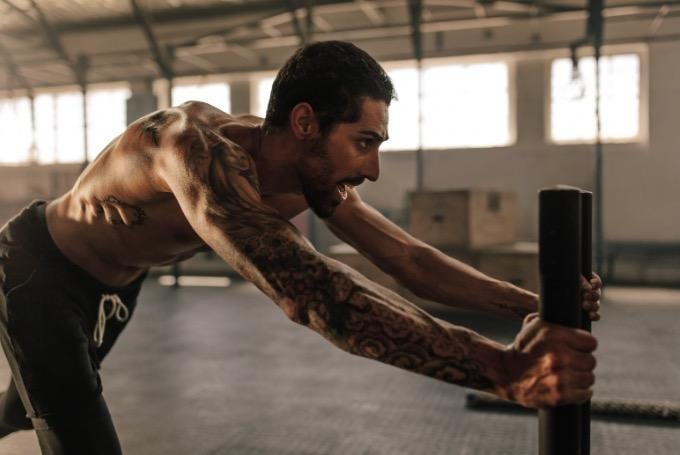How Your Body Processes Alcohol (And Why It Matters)
We often drink to socialize – dates, sports events, brunches, celebrations, even breakups. But if you’re serious about fitness, it’s important to understand how alcohol can sabotage your workouts and muscle growth. Heavy drinking, in particular, can have serious consequences. This guide breaks down exactly how alcohol messes with your fitness progress.
Before we dive into the effects, let’s understand what happens to alcohol in your body. Alcohol is packed with calories (7 per gram!) and when you drink, it quickly turns into a toxic substance called ethanol.
Your liver’s main job now is to get rid of this toxin. The problem? This process takes priority, putting your body’s normal energy-burning on hold. Instead of using carbs and fat for fuel, your body is stuck dealing with the alcohol. This throws a wrench into many important functions.
Why Drinking Hurts Your Muscle Gains
Exercise triggers your muscles to release amino acids – the building blocks of new muscle growth. However, alcohol throws a wrench in this process.
Studies show it messes with signals that tell your body to build muscle, leading to less growth. Even though you might still have amino acids available, alcohol prevents your body from using them effectively.
Booze = Bad Hormones: Why Drinking Wrecks Your Bodybuilding
Hormones are essential for building muscle and boosting performance, but alcohol messes with your body’s most important ones:
- Testosterone Drop: Alcohol lowers testosterone, a key hormone for muscle growth and overall health in men.
- Cortisol Surge: Alcohol triggers the release of cortisol, a stress hormone that breaks down muscle tissue.
- Growth Hormone Halt: Alcohol stunts the production of growth hormone, affecting muscle, bone, and even brain development.
- Estrogen Increase: In men, alcohol can boost estrogen, potentially leading to unwanted physical changes.
Skip the Alcohol and Boost Recovery
Proper muscle recovery is key to getting the most out of your workouts. Alcohol messes with this process by messing with insulin.
Insulin is like a delivery truck for carbs, which your muscles need to rebuild and refuel after exercise. Alcohol gets in the way of this delivery, slowing down your muscle recovery.
Alcohol = Dehydration = Poor Workouts

Alcohol dehydrates you. This makes it harder for your body to pump blood and oxygen to your muscles, which tanks your workout performance
Why You Reach for Pizza After Drinking
I used to party a few nights a week. Afterward, I’d always hit up the pizza place for a couple of slices and wings. I knew it wasn’t good for my fitness goals, but I didn’t realize how alcohol messed with my eating habits. Here’s why alcohol leads to bad food choices:
Bad Decisions: Alcohol messes with the part of your brain that controls judgment and willpower. This makes it harder to resist those cravings.
Sugar Rollercoaster: Alcohol spikes your blood sugar, then it crashes. That crash makes you crave carbs (like junk food) for a quick energy fix.
Fake Hunger: Alcohol irritates your stomach and can trick your brain into thinking you’re starving, even if you’re not.
Dehydration = Cravings: Alcohol makes you pee more, leading to dehydration. Your body can mistake thirst for hunger, making you crave salty, greasy foods.
Bad Habits: Get those “drunchies” often enough, and it becomes a habit. Your body starts expecting that junk food after a night of drinking.
Basically, alcohol throws your body and mind out of whack, making it way harder to resist unhealthy food after drinking.
Alcohol Holding You Back? How Much Is Too Much for Muscle Growth

The Facts: How Much Alcohol Hinders Muscle Growth
Research shows that consuming more than 1-1.5 grams of alcohol per kilogram of body weight messes with muscle protein synthesis (the process of building muscle). Here’s a rough estimate of exactly how many drinks may start causing problems:
- For Men: More than 5-6 standard drinks in one sitting
- For Women: More than 4-5 standard drinks in one sitting
Frequency is Key:
It’s not just about single heavy drinking sessions. Regular excessive drinking throughout your week is way worse for your gains than an occasional drink.
What’s “Excessive” Weekly Drinking?
This depends on the individual. But for serious muscle growth, these amounts are generally considered harmful:
- Men: More than 8-10 standard drinks per week.
- Women: More than 5-7 standard drinks per week.
Key Points:
- Individual Factors Matter: Metabolism, diet, etc., all play a role in how alcohol affects you.
- Standard Drinks: This means 12oz beer, 5oz wine, or 1.5oz liquor.
- Bingeing is Worst: Even one heavy drinking night throws a wrench in muscle growth progress.
Drinking Less for Stronger Muscles: A Guide

Damage Control: If You Choose to Drink
The Less, The Better: Minimize alcohol both per night and over the whole week. Stick to very little each time (0.5g/kg of body weight or less).
Protein Power: Eating protein with drinks might offset some damage, but it’s not a free pass.
Hydrate, Hydrate, Hydrate: Water is essential since alcohol dehydrates. Drink plenty before, during, and after.
Timing is Key: Don’t drink right around your workouts. Allow your body ample recovery time.
The Big Picture: Alcohol is just one factor. Good nutrition, exercise, and sleep are the foundation for muscle gains.
My Tips for Staying in Control:
Go Non-Alcoholic: Mocktails and alcohol-free beer help you socialize without harming your fitness.
Stock Up Smartly: Keep non-alcoholic options at home, and stock regular drinks for guests to feel like a good host.
Limit Temptation: If willpower is an issue, avoiding bars and keeping alcohol out of the house makes it easier.
Stand Your Ground: It’s perfectly okay to say “no thanks” if someone offers you a drink. Don’t let peer pressure derail your goals.
Conclusion
While social events often involve alcohol, don’t underestimate how it can hinder your workouts and muscle growth. For nearly a year and a half, I’ve drastically cut back on drinking, and I’m in the best shape of my life. It’s been a game-changer.
Knowing how alcohol disrupts muscle-building, hormones, recovery, and your body overall is key if you’re serious about fitness. Informed choices about drinking, along with prioritizing your health, will help you enjoy yourself occasionally while hitting those fitness goals!
Disclaimer: This information is not a substitute for professional medical advice. Consult a doctor or nutritionist for guidance on how alcohol consumption may interact with your personal health and fitness goals.









